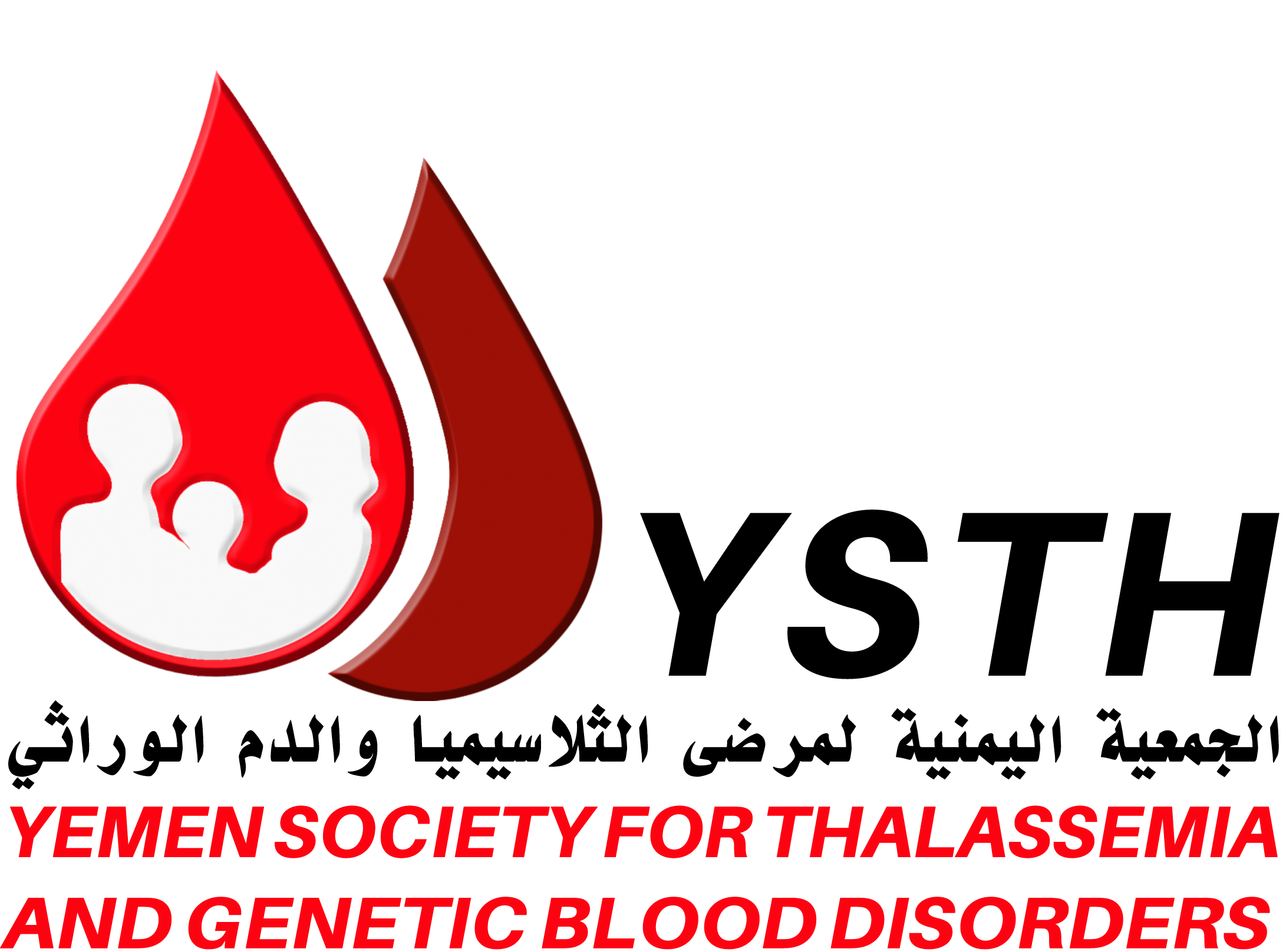Doctors and Academics .. Pre – marital screening path of family stability and community awareness guide.
A number of academics and doctors stressed the importance of prenuptial examination, recognizing the safe path to family stability and the clear evidence of community awareness.
During the scientific symposium organized by the Yemeni Society of Thalassemia and Genetics patients in cooperation with the Faculty of Sharia and Law at Sana’a University on March 9, 2016, participants called upon the concerned authorities to expedite the issuance of the law requiring pre-marriage examination.
The seminar, held under the slogan “With our hands, we will create without thalassemia”, is sponsored by Yemen Mobile Mobile Company as part of the annual awareness campaign carried out by the association in many Yemeni schools and universities.
Three papers were presented at the symposium, including the first paper, the legal aspect and the location of pre-marriage examination, presented by the head of the Comparative Jurisprudence Department at the Faculty of Sharia and Law Dr. Abdulmoumen Shujauddin.
The paper discussed the position of jurists and their views on the risks of thalassemia and hereditary blood and the importance of conducting prenuptial examination in the perspective of Islamic law.
The paper stressed that it is permissible to oblige those who wish to marry to perform a medical examination pursuant to the legal texts that enjoy the good of the ten between the spouses and maintain the compatibility between them and avoid all that causes family disorder and based on the jurisprudential rules considered.
In the second paper, which included the health aspect, Dr. Ahmed Shamsan Al-Muqrami, a specialist in childhood diseases and the President of the Yemeni Society, addressed the main stations that accompanied the discovery of these diseases in Yemen and the most important symptoms and their health complications and their negative effects on the individual and the family in general.
The paper also touched upon a brief overview of the society and the most important stages since its establishment in 2000 by a group of parents of patients and some doctors interested in childhood and the most important services provided to patients.
In his paper, Al-Makrami reviewed the latest statistics of the number of cases of thalassemia and hereditary blood in the records of the center of the association in the capital Sana’a alone. The total number of infected cases reached 4856 cases, including 3425 sickle cell anemia 591 thalassemia, 353 anemia with thalassemia, 151 other cases and 336 unresolved cases. Her data is still.
On the position of the law on this issue, Mohammed Ahmed Al-Ghabri Assistant Professor of Public Law – Faculty of Sharia and Law – Sana’a University in the working paper that dealt with the legal aspect to a number of practical experiences in the Arab world.
The Assistant Professor of Public Law at the University of Sana’a stressed the need to legislate precautionary measures that will protect family and social security, including the issuance of the pre-marriage examination law.
The seminar, which was moderated by Dr. Al-Makhlafi, led to the intervention of the President of the Faculty of Sharia and Law Dr. Mohammad Saad Nejad, during which he called on all sectors of society to take care of this national cause and support the Yemeni Society for Thalassemia patients.
The symposium came out with a number of proposals and recommendations, the most important of which are:
Formation of a committee composed of legal experts and specialists in genetic diseases and blood diseases to prepare a draft law requiring prenuptial examination, taking advantage of Arab and international experiences in this field and continuing communication with the relevant authorities in the government to adopt the draft law and submit it to the legislative authority for discussion and approval accompanied by advocacy from civil society quickly Issuing a law obliging the two parties to marry by conducting medical examination before starting the contract procedures. He urged the official authorities to enact the law quickly and to raise awareness among the community about the importance of pre-marital examination and its health, social and economic consequences.
A seminar was held on the position of the Islamic preachers on the position of the Islamic sharia from pre-marital medical examination, notification of the dangers of Thalassemia and genetic blood and addressing the Ministry of Awqaf and Guidance to generalize the imams and preachers of the mosques by giving a Friday sermon or more sermons in which preachers should be examined before marriage to prevent thalassemia and blood diseases Other genetic factors in terms of legality.
The establishment of a national center for hereditary blood diseases and the latest devices that work on early diagnosis and follow-up of patients and follow up the relevant authorities to build a specialized center for bone marrow and stem cell transplantation.
In a statement on the sidelines of the seminar, Jamil Ali Al-Khayati, the Presidency of Sana’a University and the Deanship of the College and the doctors participating in the symposium for their contribution to the community awareness and support the cause of Thalassemia patients and genetic blood.
The Executive Director also thanked Yemen Mobile for its continuous support to the cause of thalassemia patients and genetic blood, headed by the CEO of the company Eng. Hazza, who did not hesitate for a moment in supporting this humanitarian issue.
He praised the role played by the Ministry of Health in the care of these patients, especially during the past two years, where it sponsored more than 200 cases at a cost of nearly three hundred thousand dollars.
“If the Ministry of Health wants to care for four thousand moderate care patients, it will need $ 10,000 for each thalassemia patient and genetic blood,” he said.
The Executive Director said: “If we allocated some of these funds in the establishment of such awareness events, we did not need all those amounts in the care of those infected with chronic diseases, pointing out that the dirham prevention is better than Qantar treatment.
